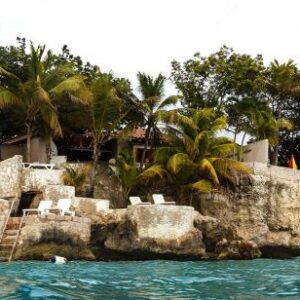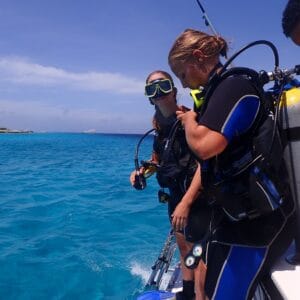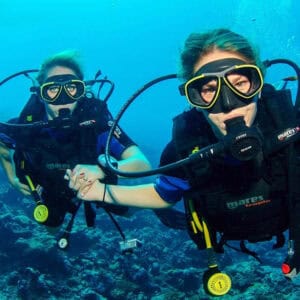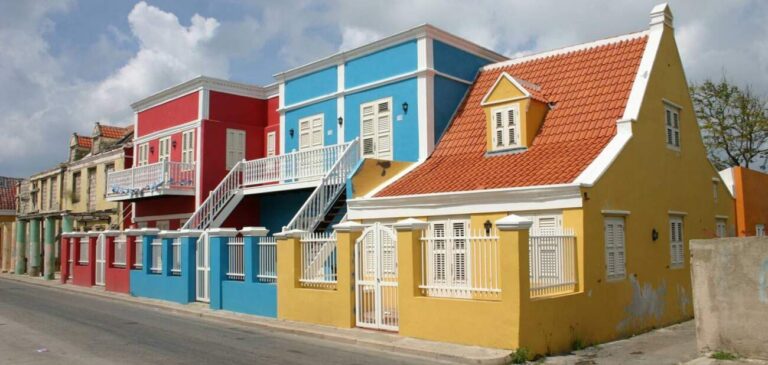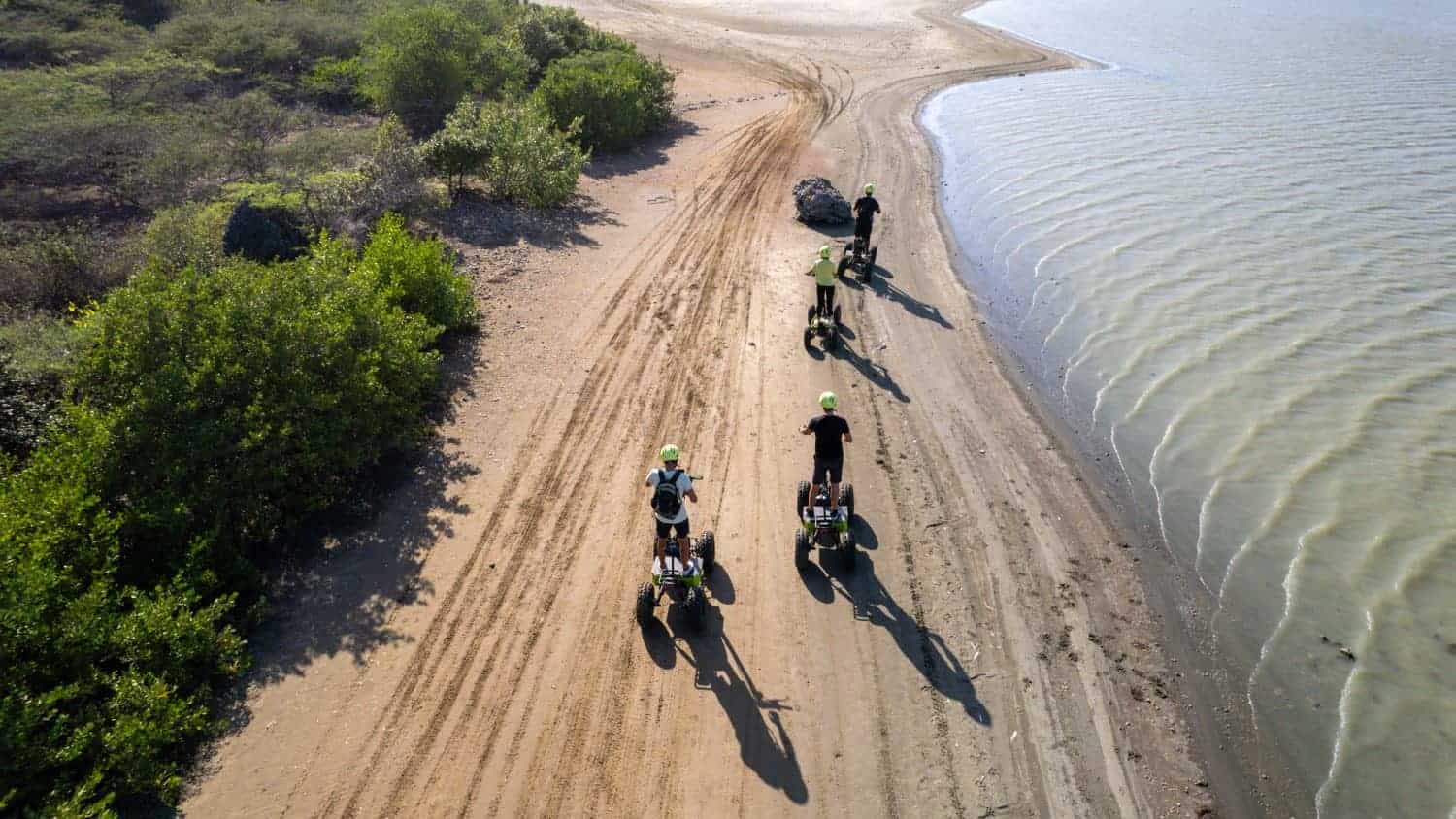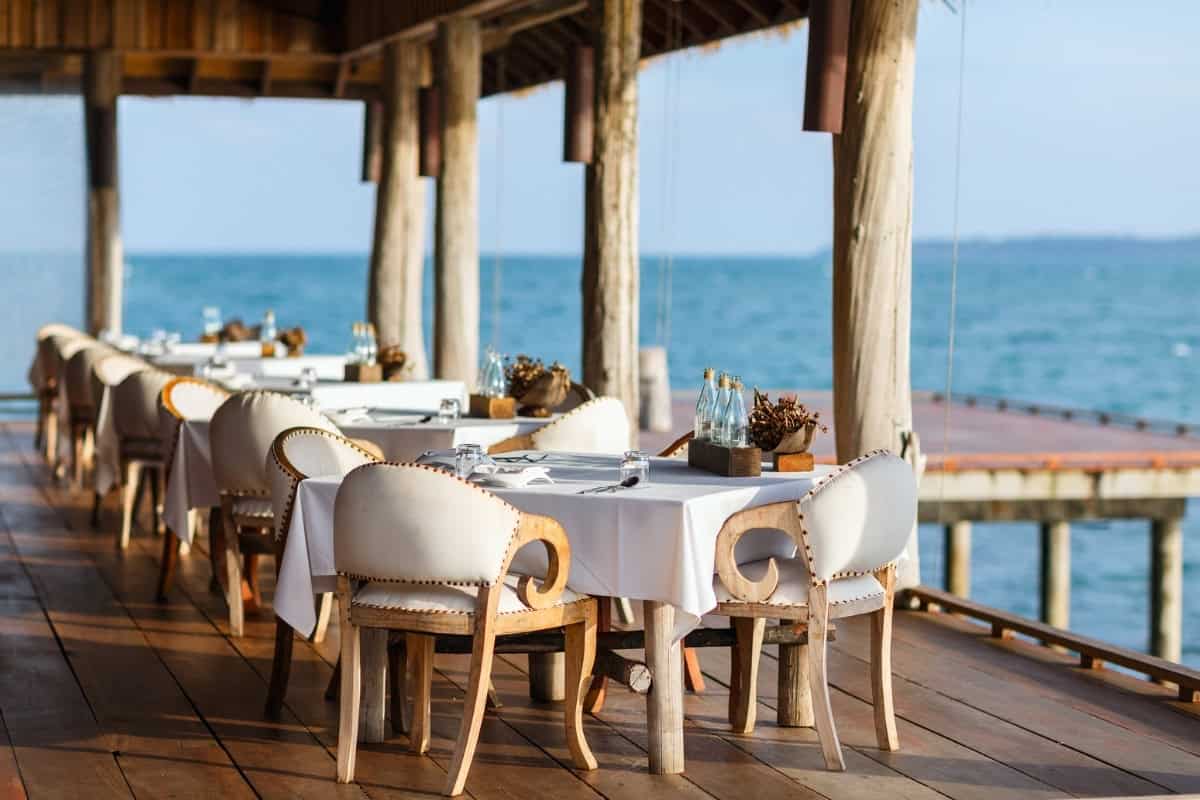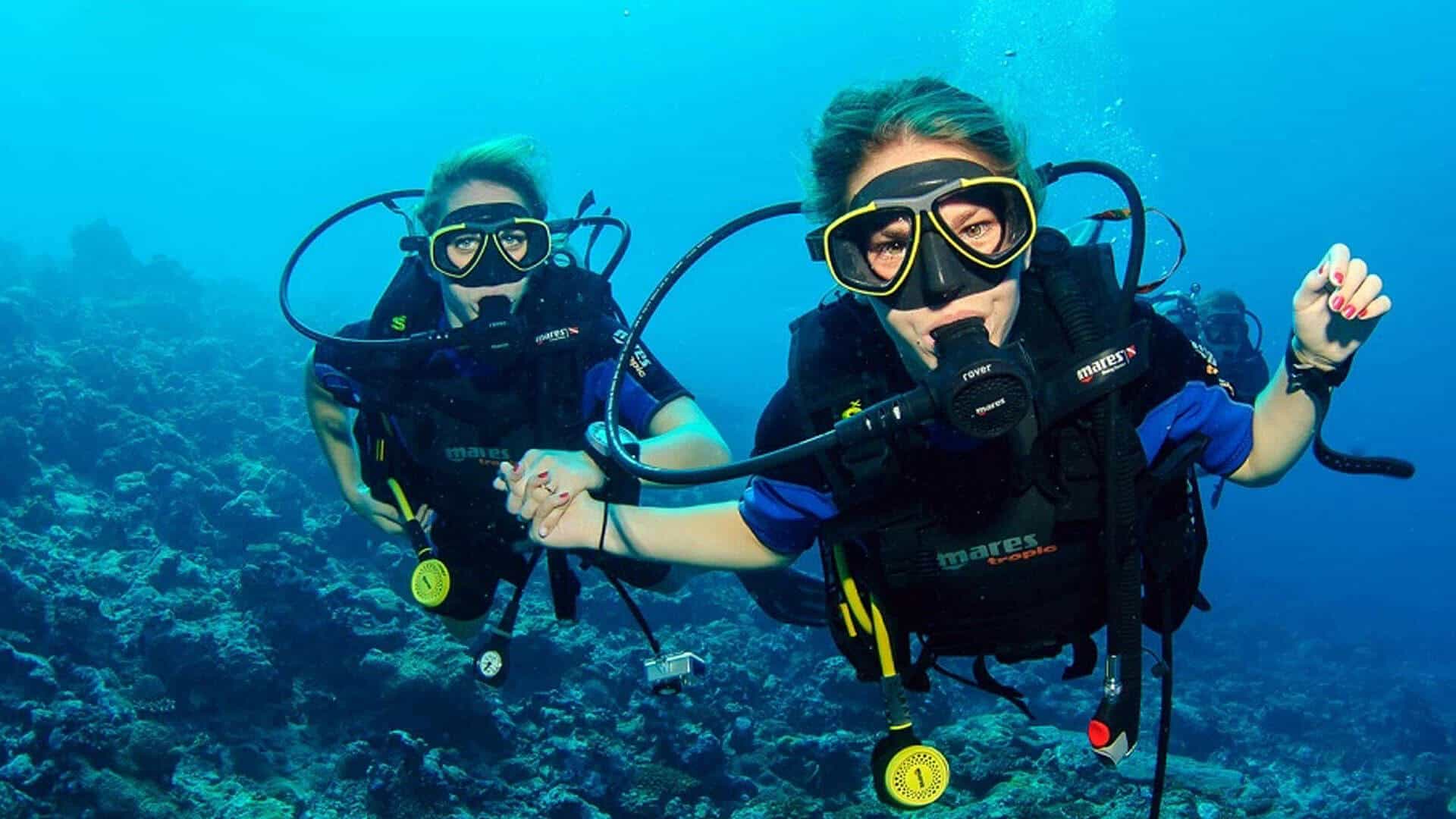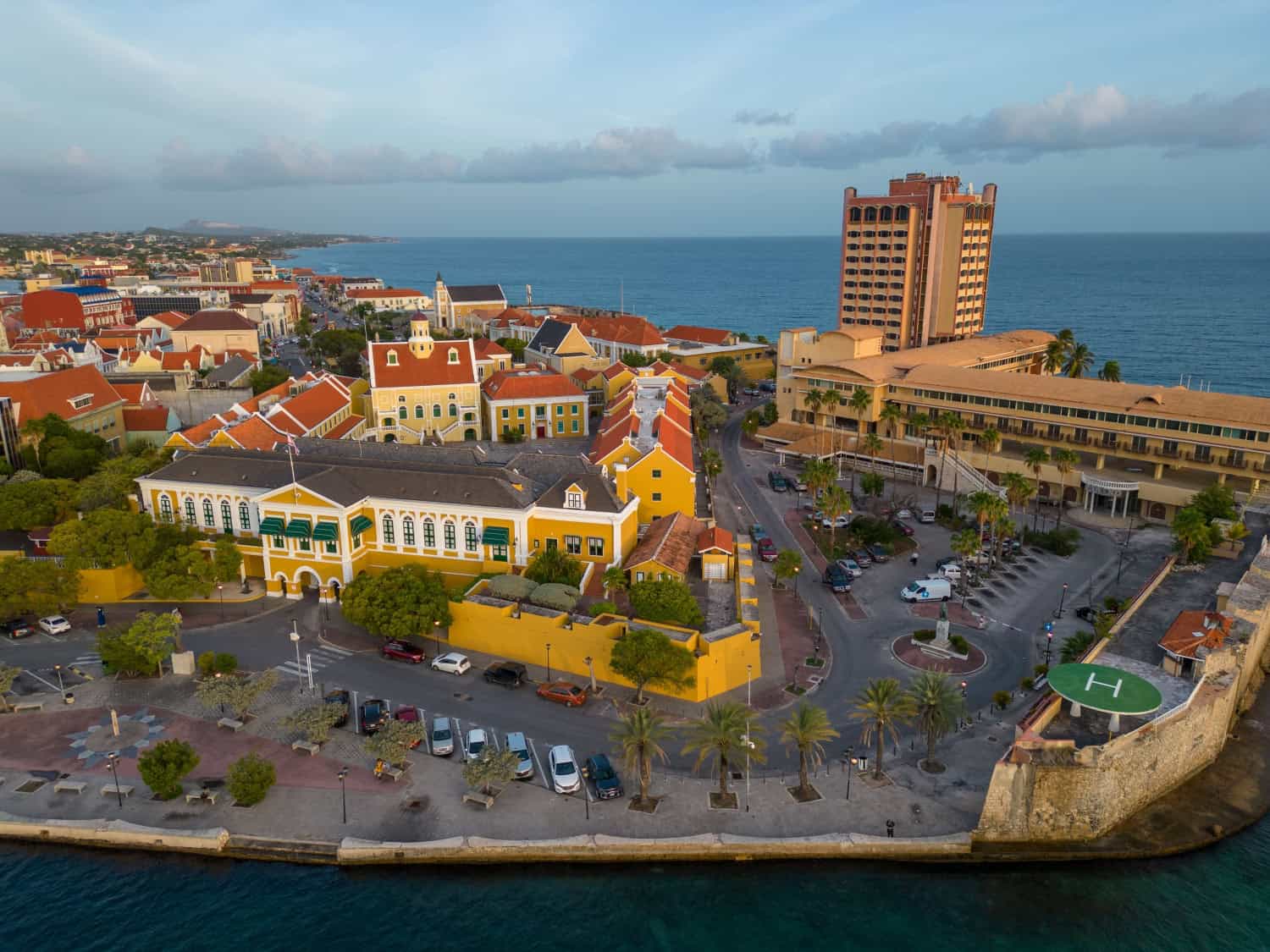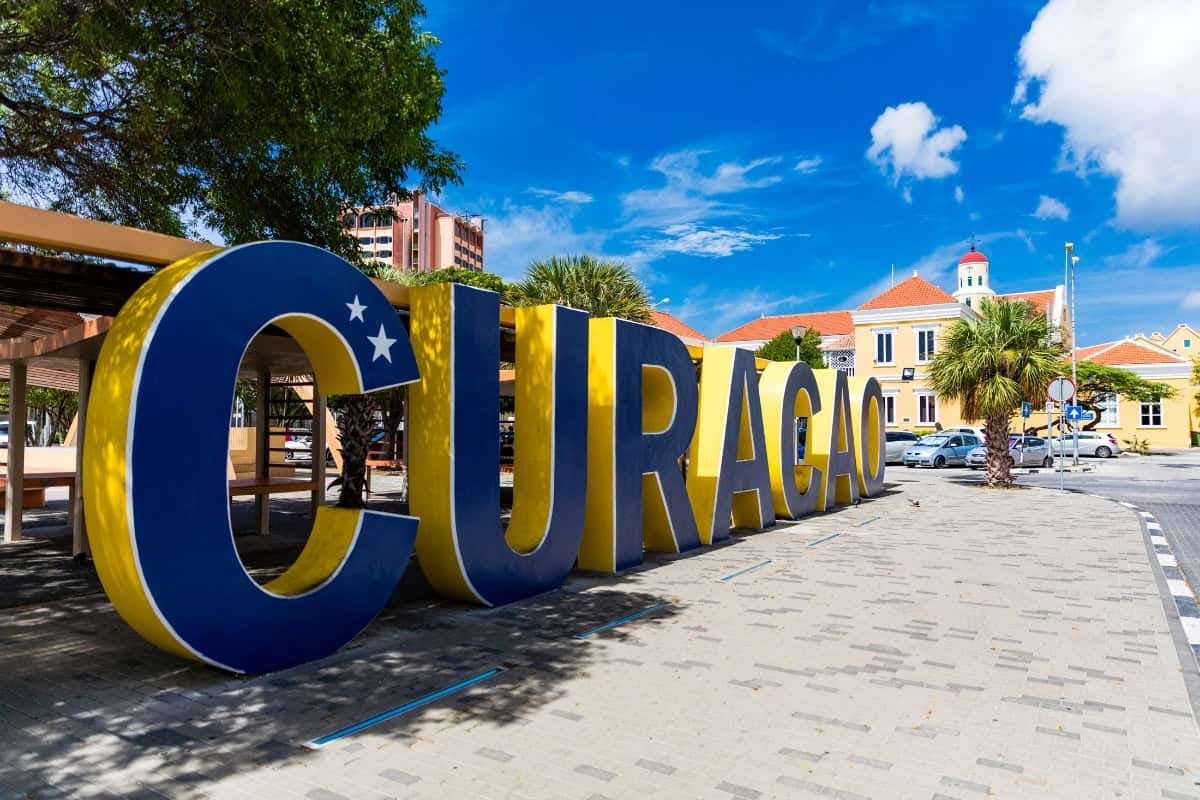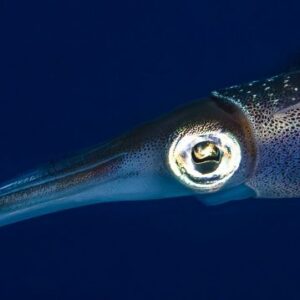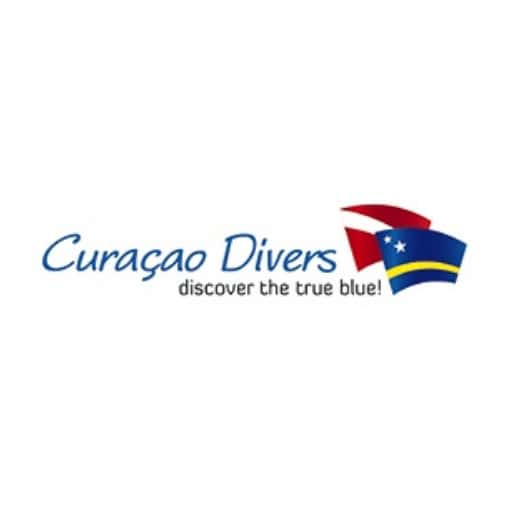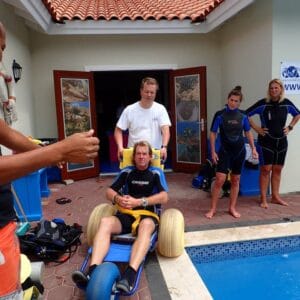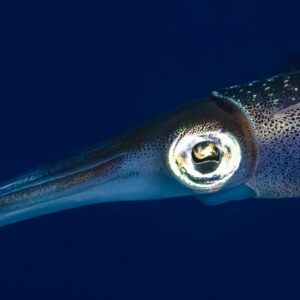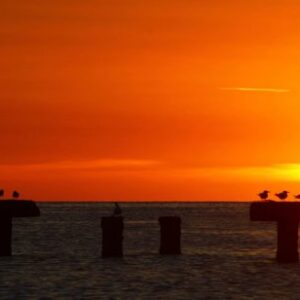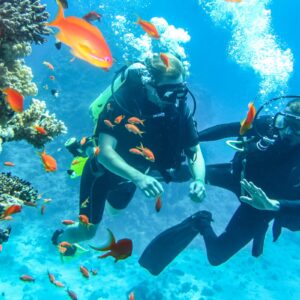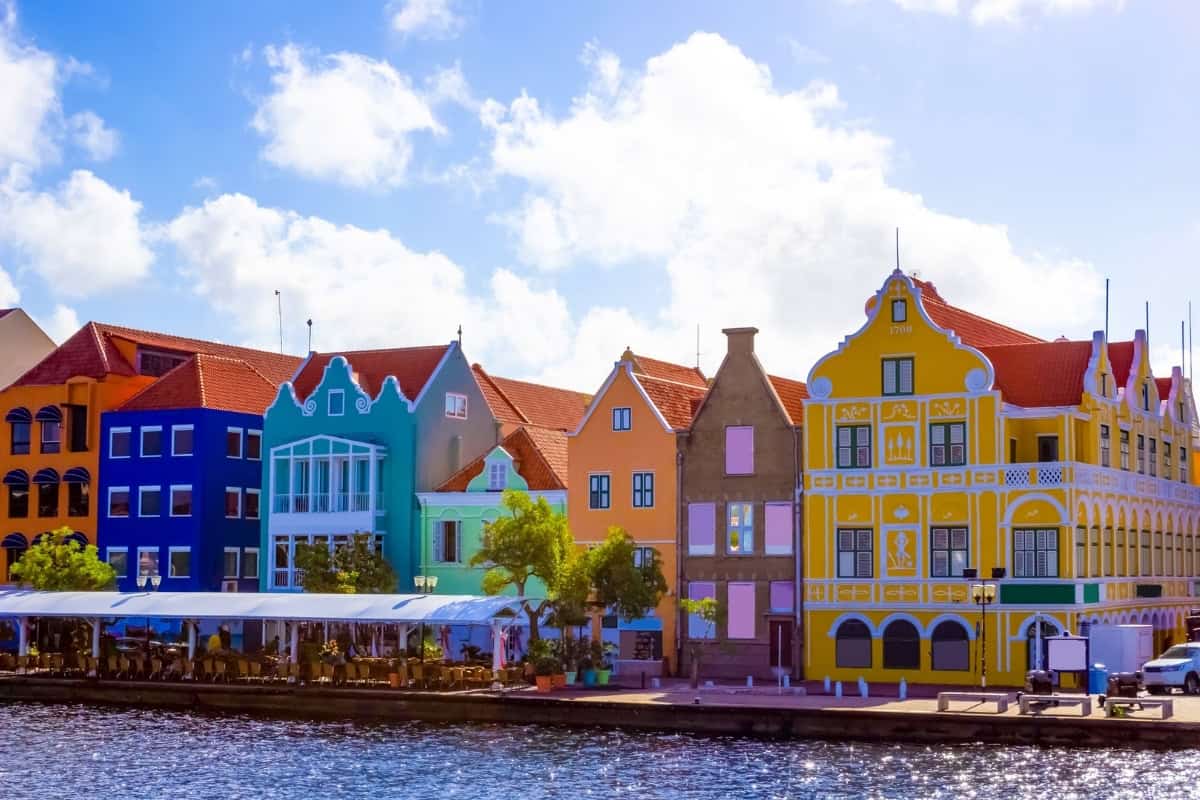
Curacao History
Dive into the rich and diverse history of Curaçao, an island in the Caribbean with a vibrant past that spans centuries. From its early days as a Spanish colony to its strategic importance as a Dutch territory, Curaçao’s history is a tapestry of cultural influences, economic developments, and significant events. The island’s unique blend of African, European, and Jewish heritage is evident in its historic buildings, traditions, and local customs. Whether exploring the picturesque streets of Willemstad, a UNESCO World Heritage site, or visiting the island’s old plantations and refineries, Curaçao offers a fascinating journey through time. Discover how this small Caribbean island played a crucial role in the global slave trade, the sugar industry, and later as a hub for oil refining. Experience the enduring legacy of Curaçao’s history and see why it remains a captivating destination for history enthusiasts and travelers alike.

Curacao
Curacao Curacao is one island being part of the Royal Dutch Kingdom. It is the most populated island and located just north of Venezuela. Relax or get busy Many tourists choose – and return to – Curacao for a well earned
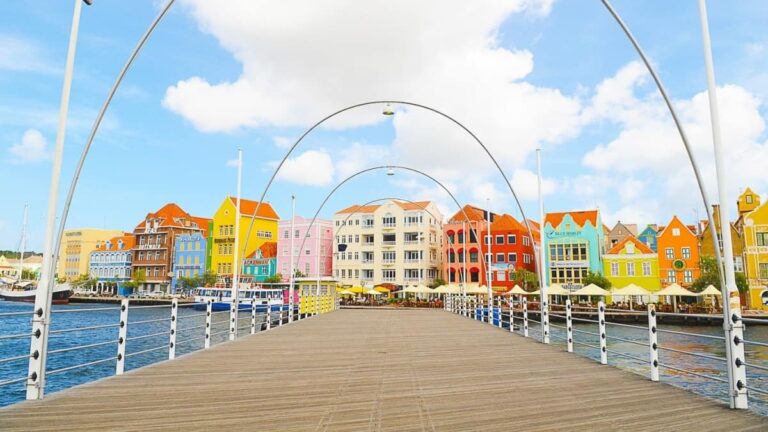
Punda willemstad
Punda Willemstad Punda is of course known for the colorful trading quay everywhere on postcards. Few cameras from Curaçao tourists will be missing these colorful houses. However, in the center of Willemstad there is more than just the 8 monumental
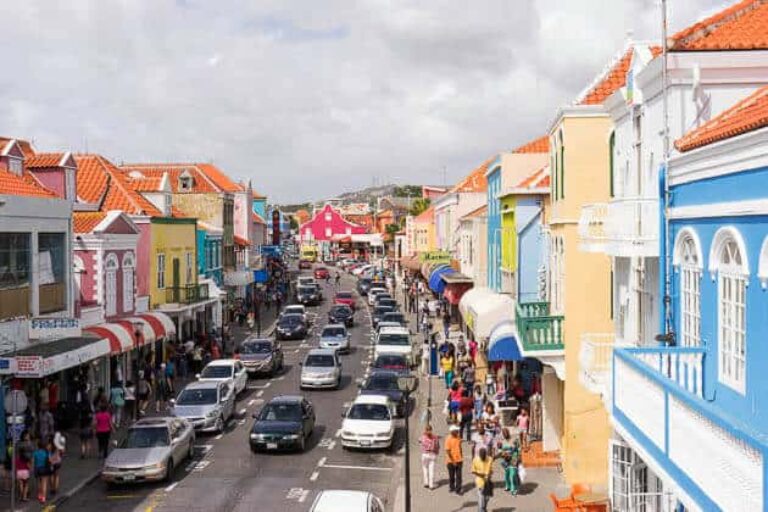
This is Otrobanda in Willemstad
This is Otrobanda Otrobanda is one of the historically important quarters of Willemstad, the capital of Curaçao. Otrobanda litteraly translates into ‘the other side’, of Punda in this case. Unesco World Heritage It contains some UNESCO World Heritage Sites. The development of Otrobanda
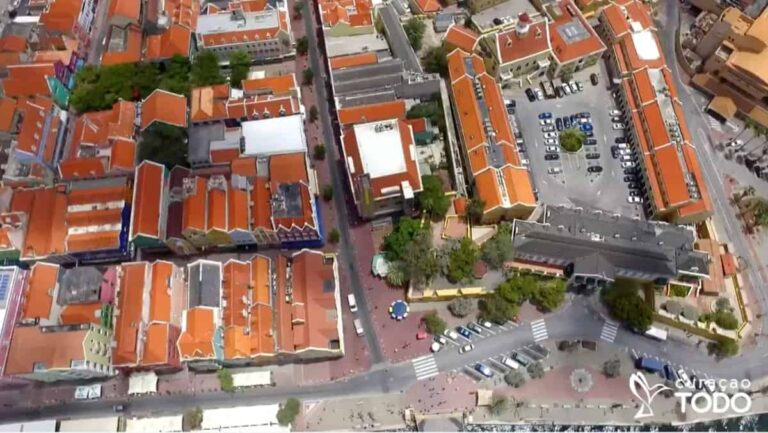
Visit Willemstad Curacao Virtually
Visit Willemstad Curacao Virtually This drone footage was shot above Punda and Otrobanda. Get an impression of what to expect when visiting Curacao.
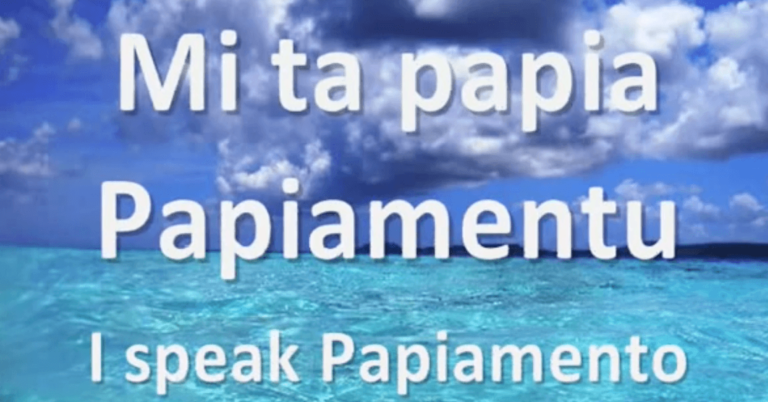
Learning Papiamentu
Learning Papiamento The main reason to learn Papiamento is to make life easier on Curacao. By this we mean that speaking Papiamento is respectful to the people and you therefore often get things done faster. For daily dealings, arranging bureaucratic matters and
Luxury car rentals in Curaçao
Experience transparent pricing and exceptional service with Rent Car Curaçao. Choose from luxury vehicles elevate your Curaçao adventure.
Frequently Asked Questions About Curacao History
The name Curaçao is believed to have originated from the Portuguese word “Curaçao,” which means “heart” or “healing.” The island was named by Portuguese sailors who were cured of scurvy after consuming fruits found on the island during the 16th century. Another theory suggests that the name comes from the indigenous Arawak people who inhabited the island.
The first known inhabitants of Curaçao were the Arawak people, specifically the Caiquetio tribe. They arrived on the island around 2500 BC. These indigenous people were skilled fishermen and farmers who lived in small villages scattered across the island.
Curaçao was first discovered by Spanish explorer Alonso de Ojeda in 1499. The island was initially considered unimportant by the Spanish, who dubbed it one of the “useless islands” due to the lack of valuable resources. However, it became a Spanish colony and remained under Spanish rule until the early 17th century.
The Dutch captured Curaçao from the Spanish in 1634, led by Johan van Walbeeck. Under Dutch rule, the island became an important center for trade and commerce in the Caribbean. The Dutch West India Company established Willemstad as the island’s capital and developed the natural harbor of Sint Anna Bay, which became a major trading port.
Curaçao played a significant role in the transatlantic slave trade during the 17th and 18th centuries. The island served as a major hub for the distribution of African slaves to other parts of the Americas. Enslaved Africans were brought to Curaçao and sold to plantation owners in the Caribbean and South America. The slave trade brought considerable wealth to the island and contributed to its economic growth.
Curaçao is home to several historical landmarks that reflect its rich history. Notable sites include the historic city center of Willemstad, a UNESCO World Heritage site known for its colorful Dutch colonial architecture. Other landmarks include the Mikvé Israel-Emanuel Synagogue, the oldest continuously operating synagogue in the Americas, and the Kura Hulanda Museum, which offers insights into the island’s African heritage and the history of the slave trade.
In the 20th century, Curaçao went through several political changes. After World War II, there was a push for greater autonomy within the Kingdom of the Netherlands. In 1954, Curaçao became part of the Netherlands Antilles, gaining a degree of self-governance. In 2010, the Netherlands Antilles was dissolved, and Curaçao became a separate autonomous country within the Kingdom of the Netherlands.
The establishment of the Isla Refinery in 1918 by the Royal Dutch Shell significantly boosted Curaçao’s economy. The refinery processed crude oil from Venezuela and became one of the largest in the world. It provided employment and contributed to the island’s infrastructure development. However, the refinery also brought environmental challenges, which continue to be addressed today.
Curaçao’s cultural heritage is a blend of African, European, and Jewish influences, resulting in a unique and diverse society. This cultural mix is reflected in the island’s music, language (Papiamentu), cuisine, and festivals. The annual Curaçao Carnival, with its vibrant parades and colorful costumes, showcases the island’s rich cultural traditions.
Several key historical events have shaped Curaçao, including its discovery by the Spanish in 1499, the Dutch takeover in 1634, its role in the slave trade, and the establishment of the oil refinery in the early 20th century. The island’s journey towards greater autonomy and its current status as an autonomous country within the Kingdom of the Netherlands are also significant milestones in its history.
